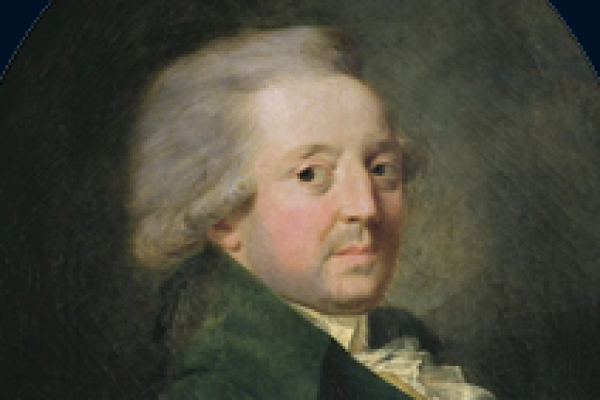One advantage of the UK voting system is that nobody could possibly fail to understand how it works. However, the disadvantages are well-known. Differently sized constituencies mean that the party in government doesn't necessarily have the largest share of the vote. The first-past-the-post system turns the election into a two-horse race, which leaves swathes of the population un-represented, forces tactical voting, and turns election campaigns into mud-slinging contests.
There are many alternative voting systems, but is there a perfect one? The answer, in a mathematical sense, is no.


